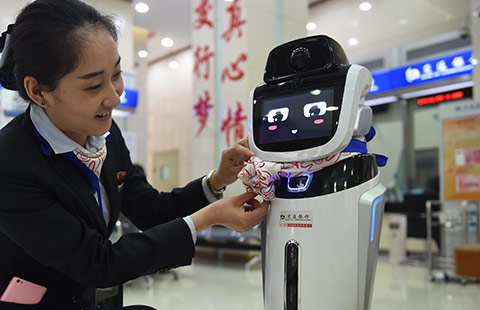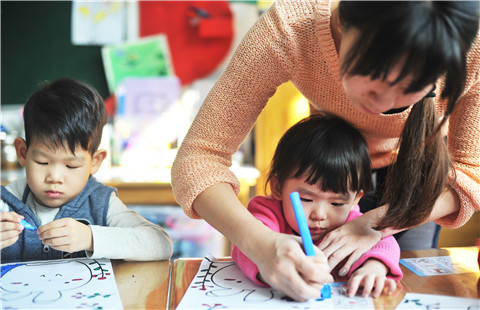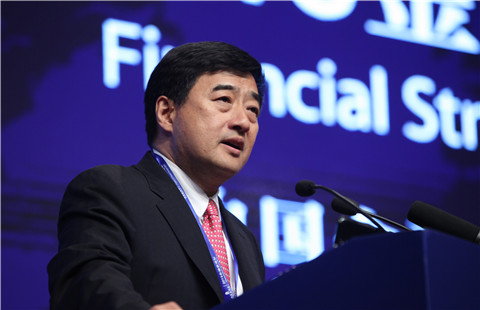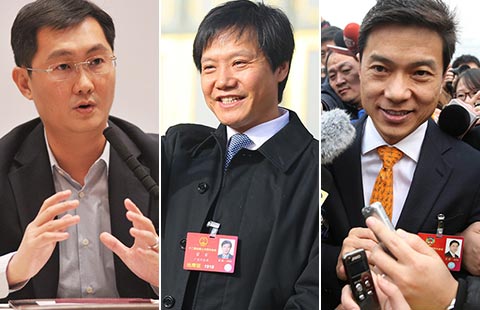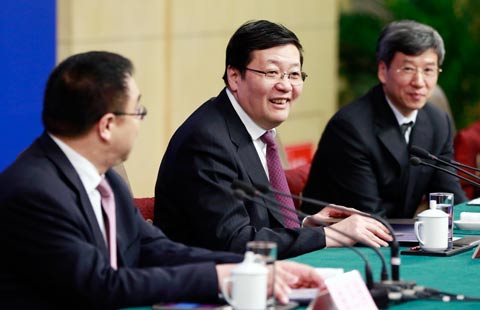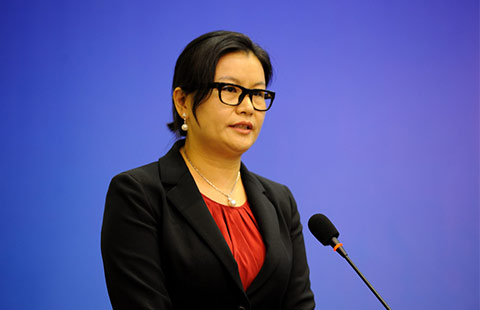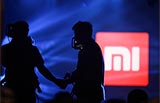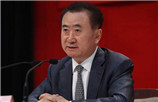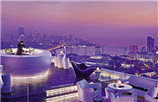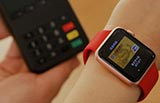Japanese auto JVs prolong production halt amid sales plight
(Xinhua) Updated: 2012-09-19 17:19WUHAN -- Japanese automobile joint ventures in China including Dongfeng Honda and Dongfeng Nissan kept their production facilities on hold on Wednesday, with many other Japanese businesses resuming operation.
Yesterday, anti-Japan movements reached a new high after demonstrations erupted in Chinese cities as citizens commemorated the 81st anniversary of the Japanese invasion of northeast China and mourned the war dead.
Japanese-invested businesses, including garment retailer Uniqlo, 7-Eleven convenience store chains and camera maker Canon temporarily padlocked shops amid safety fears. They reopened on Wednesday.
Yang Song, deputy sales director with the Guangdong-based Dongfeng Nissan, and Li Peng, deputy sales director of the Hubei-based Dongfeng Honda, told Xinhua on Wednesday that their plants have remained closed since Tuesday.
"We will monitor the development of the situation to see whether to resume the production after Wednesday or later," they said.
In addition to the two, Nissan's plants in Zhengzhou, central Henan Province, and Guangzhou, which are also operated in partnership with Dongfeng Motor Corp, remained shut on Wednesday.
Dongfeng Nissan is the largest Japanese brand car producer in China.
Li said Dongfeng Honda closed 104 outlets across the country amid Chinese fury against Japan's "purchase" of the Diaoyu Islands. The company has also received 2,120 cancellation of car orders.
He said the company's inventory has soared to 13,838 units, getting close to a danger level, which signals the necessity to curb production. The company is deliberating whether to give holidays to its employees.
"Workers may be given long vacations from now to the end of China's National Day holiday on October 7," Li said.
The Dongfeng Nissan plant based in Huadu City of Guangdong has 15,000 workers on its payroll, and Dongfeng Honda in Wuhan has 7,000 workers.
The emergency response office of Dongfeng Motor said by Tuesday, 148 cities across China held anti-Japan protests with people calling for boycotts of Japanese products. Gas stations in 28 cities refused to refuel Japanese vehicles.
Analysis from Dongfeng Motor forecasts that if sales of its major JVs -- Dongfeng Nissan and Dongfeng Honda -- slumped by 30 percent during the September-December period, the parent company would see a reduction in this year's sales by 150,000 units. The projected target was 330,000 units.
It reported that if anti-Japan sentiment provoked by Japan's "purchase" of Diaoyu Islands continues to develop, the operation risk of the JVs with the Japanese auto makers will be aggravated, which will also harm the interests of its affiliated suppliers and sales agencies.
The island row has also cast a shadow over the electronics sector, bilateral trade and China's outbound tourism to Japan.
China ranks as Japan's largest trading partner, with the latter being China's fourth largest.
- Alibaba bets on lottery firm AGTech with $308m
- Internet innovation set to drive China's growth
- Infographic: China's technology revolution
- Top 8 hot topics at the two sessions
- Rural e-commerce helps farmers save during spring planting
- China yet to reach carbon emissions peak, working to ease growth
- China's inflation to rise further: research
- Chinese tourists to Cambodia up 24% in 2015
